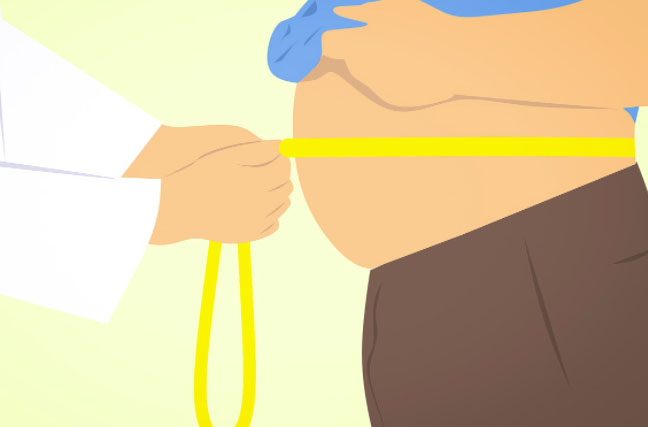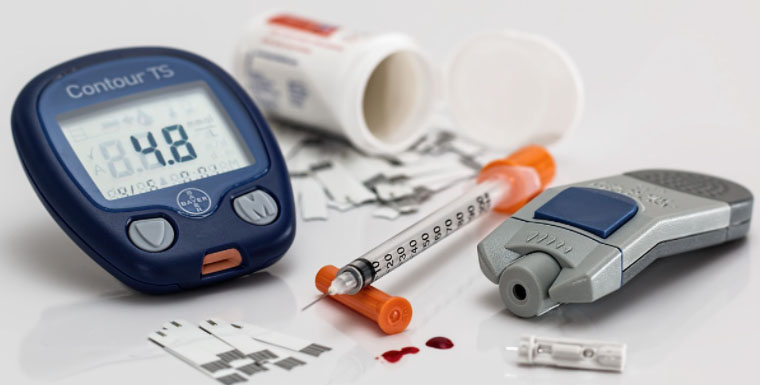The problem of obesity has been steadily growing and affecting younger and younger people. Causes of obesity can be your family history and your genes, but it is often caused by eating unhealthy food and a sedentary lifestyle. There can be other causes like emotional problems, health conditions, medical side effects, and getting less sleep. The problem of obesity tends to increase as we age, but whatever the underlying cause it has an effect on overall health. As well as increasing the risk of heart disease, cancer, strokes, and many other problems, it also increases the chances of diabetes.
Body Mass Index
 Obesity is often categorized as someone with a body mass index of 30 or more. BMI is a calculation that takes your weight, divides it by your height, and times it by another number. However, it is often considered to be inaccurate for a lot of people and doesn’t consider other factors that could be important.
Obesity is often categorized as someone with a body mass index of 30 or more. BMI is a calculation that takes your weight, divides it by your height, and times it by another number. However, it is often considered to be inaccurate for a lot of people and doesn’t consider other factors that could be important.
Another way of assessing obesity related risks is waist size. Men with a waist size of 40 inches or more and women whose waist measures 35 inches are considered to be at a greater risk of obesity related issues.
Type 2 Diabetes
Type 2 diabetes, sometimes referred to as diabetes non-insulin-dependent, is the most prevalent form of the illness. As many as 90% of the people with diabetes have type 2.
Sufferers of type 2 diabetes are normally not able to produce enough insulin or their bodies cells don’t react in the way they should do it. This resistance to insulin allows glucose to increase in the body, which increases blood sugar levels.
There are many different causes of type 2 diabetes but obesity is one of the greatest predictors. This is so clear that nearly 90% of people suffering from type 2 diabetes are obese or carry more weight than they should be.
If you are overweight or obese you will have higher levels of fatty acids as well as inflammation. These problems lead to insulin resistance which can become type 2 diabetes.
Suffering from type 2 diabetes can produce a number of different symptoms. These include:
■ Increased thirst
■ Frequent urination
■ Feeling hungry
■ Fatigue
If the condition goes untreated it can result in problems with vision, nerve damage, heart problems, stroke, and more. Treatments for type 2 but diabetes include medication, but dealing with the underlying problem is also an important way of improving health.
Coping with Obesity and Diabetes
If you are suffering from type 2 diabetes there are many things you can do to take control of your health. This means eating healthy, taking exercise on a regular basis, avoiding stress, and following your medicine regimen.
Though type 2 diabetes is treatable, it is far better to prevent the problem from happening in the first place. If you are overweight or obese you should do everything you can to reduce your weight and live a healthy lifestyle. Even relatively modest levels of weight reduction can have a significant effect on lowering the chances of developing diabetes as you get older.





